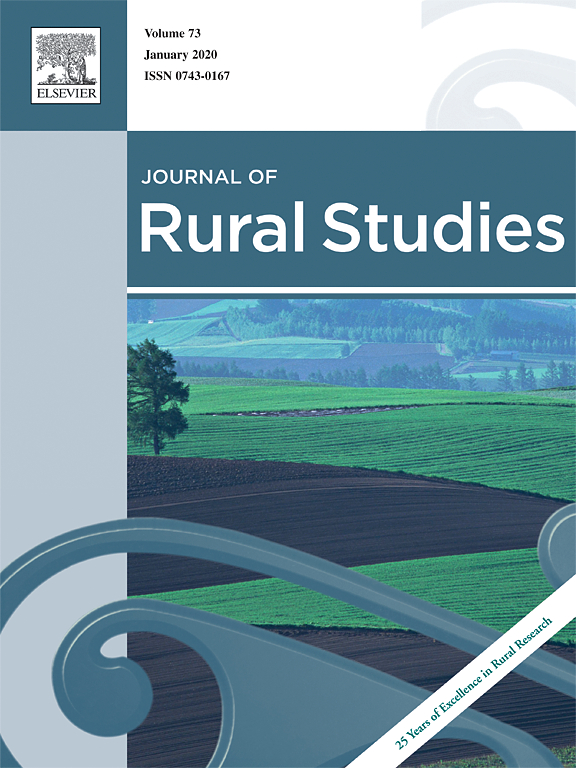Bernard, Josef. 2019. „Families and local opportunities in rural peripheries: Intersections between resources, ambitions and the residential environment“. Journal of Rural Studies. 66: 43-51. ISSN 0743-0167. Available from: https://www.sciencedirect.com/science/article/pii/S0743016717312822
The article focuses on arrangements of family life in rural peripheries and deals with the specific constraints faced by families with children in peripheral localities. The impact of the peripheral residential environment in terms of locally embodied opportunities on the parental choices and its interactions with familial ambitions and resources is highlighted, particularly in three domains: elementary school choice, extracurricular activities, care-work reconciliation. Based on semi-structured interviews with mothers and fathers living in Czech rural peripheries, the author depicts two types of family-life constellations, a localised one in terms of concentration on opportunities and resources existing within the immediate residential environment and extra-local constellations based on commuting, mobility and child transport - often requiring considerable resources and effort. Despite being based on less individual resources, localized constellations are not being universally perceived as constrained. On the contrary, in some cases they represent a functional adaptation of family life.
Authors
Department
Topics
Housing, City and Village, Regions, Parenting, Family
